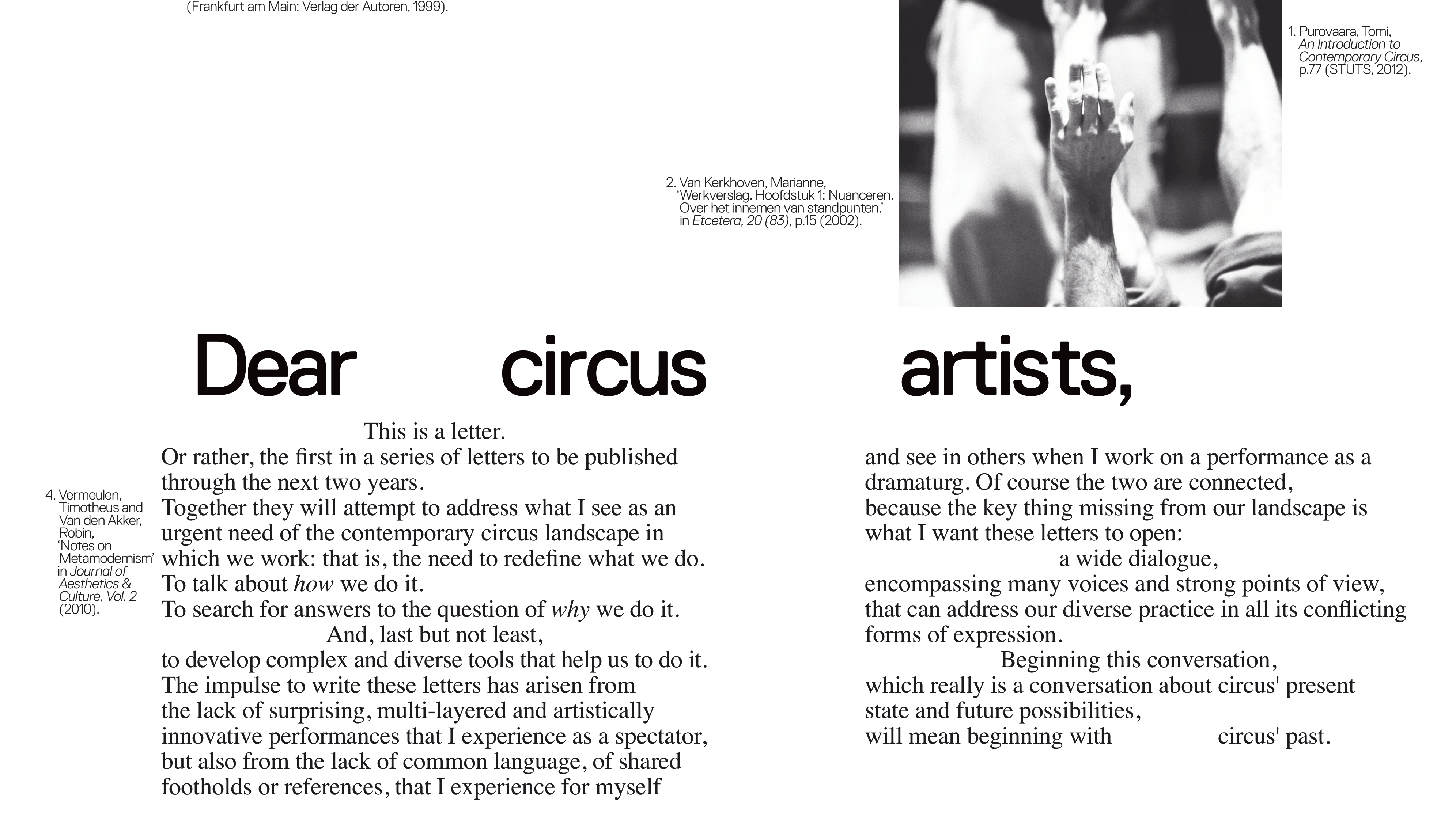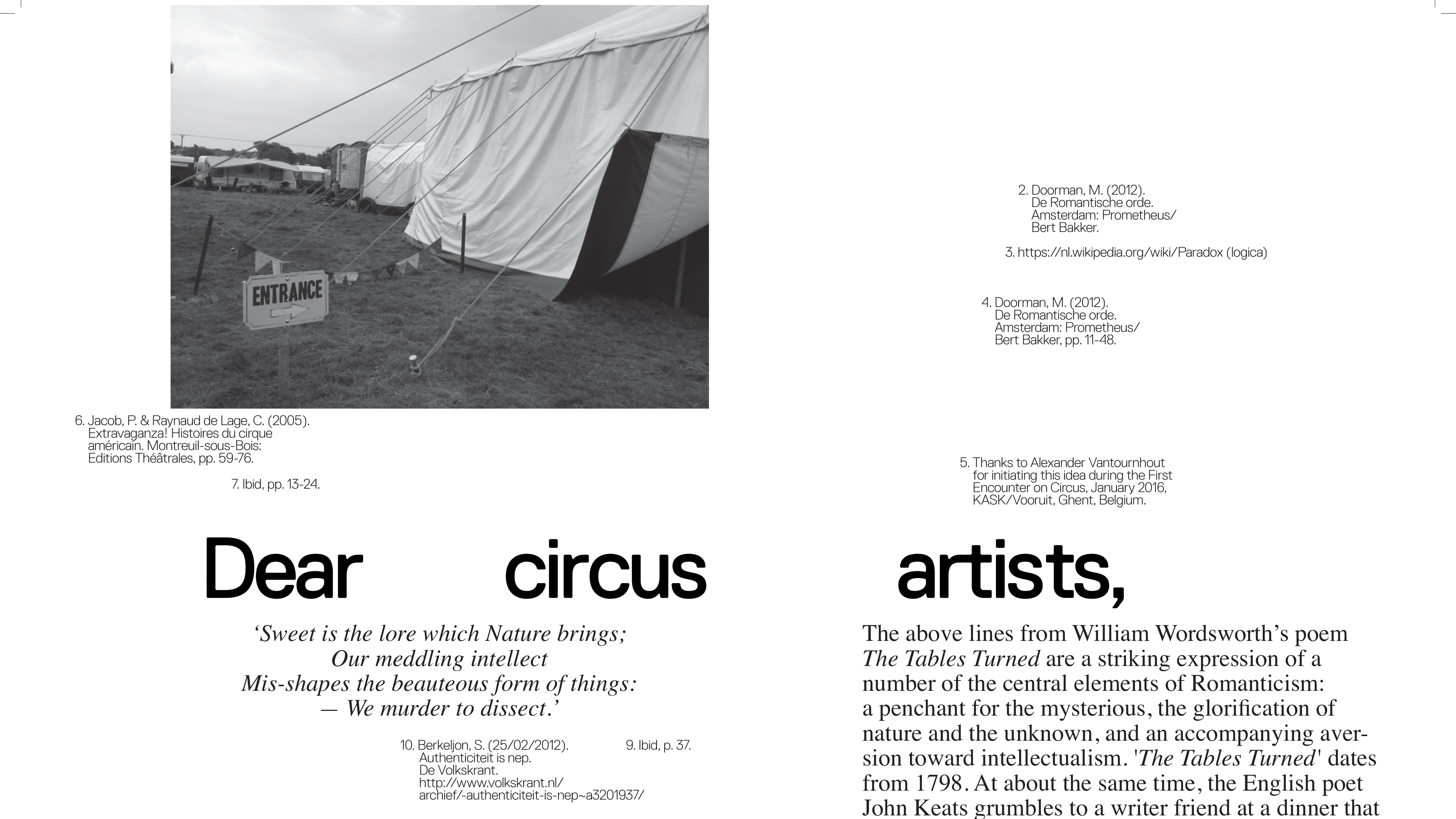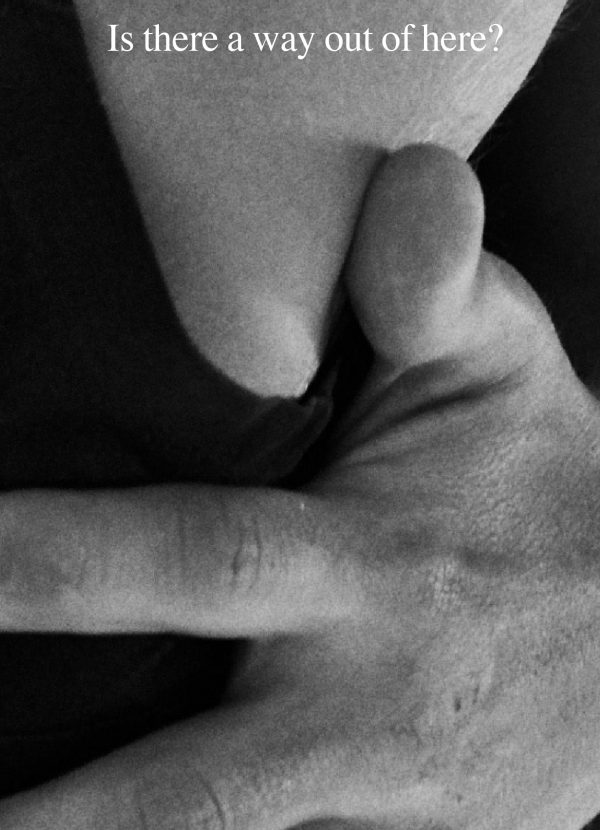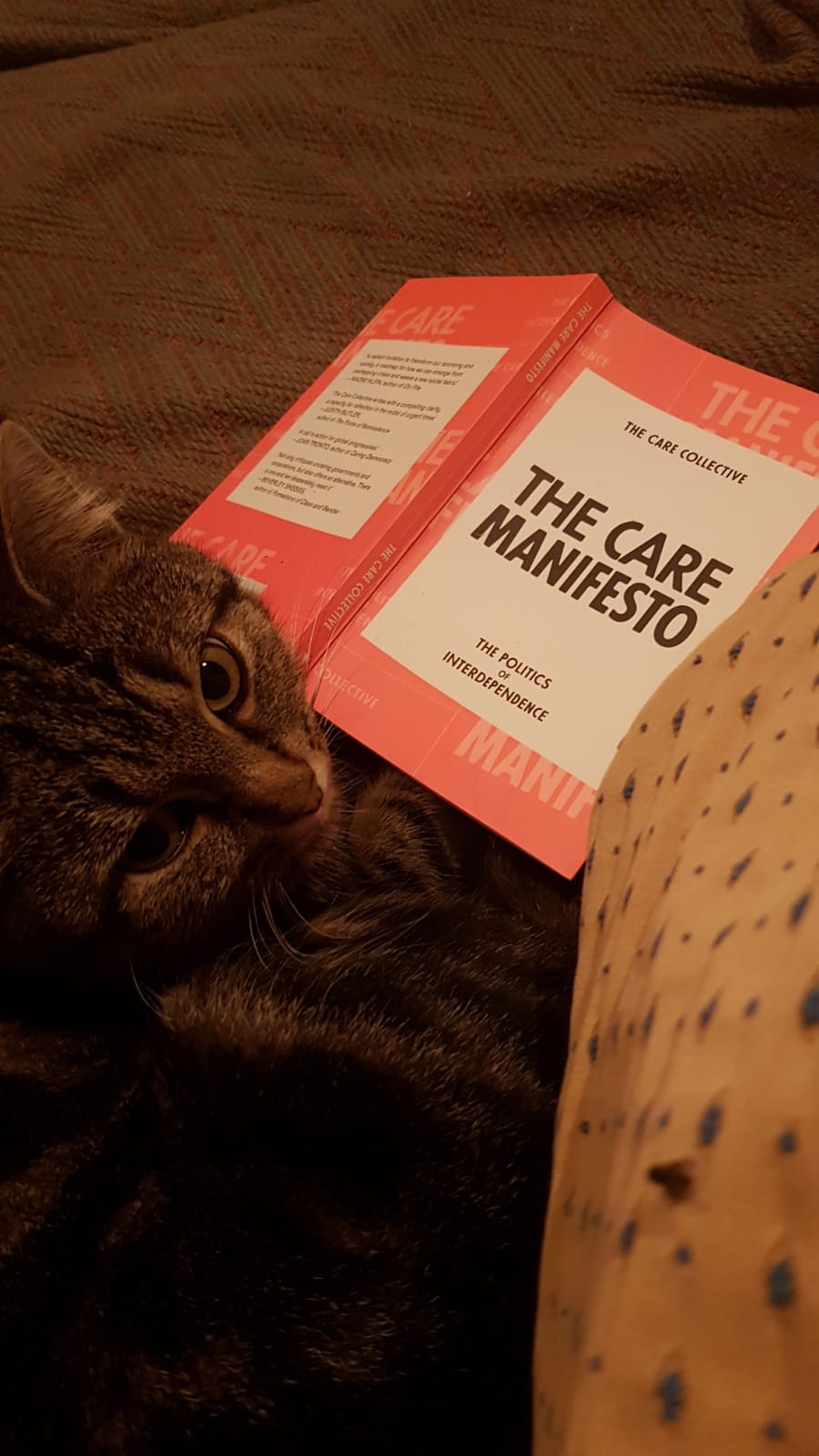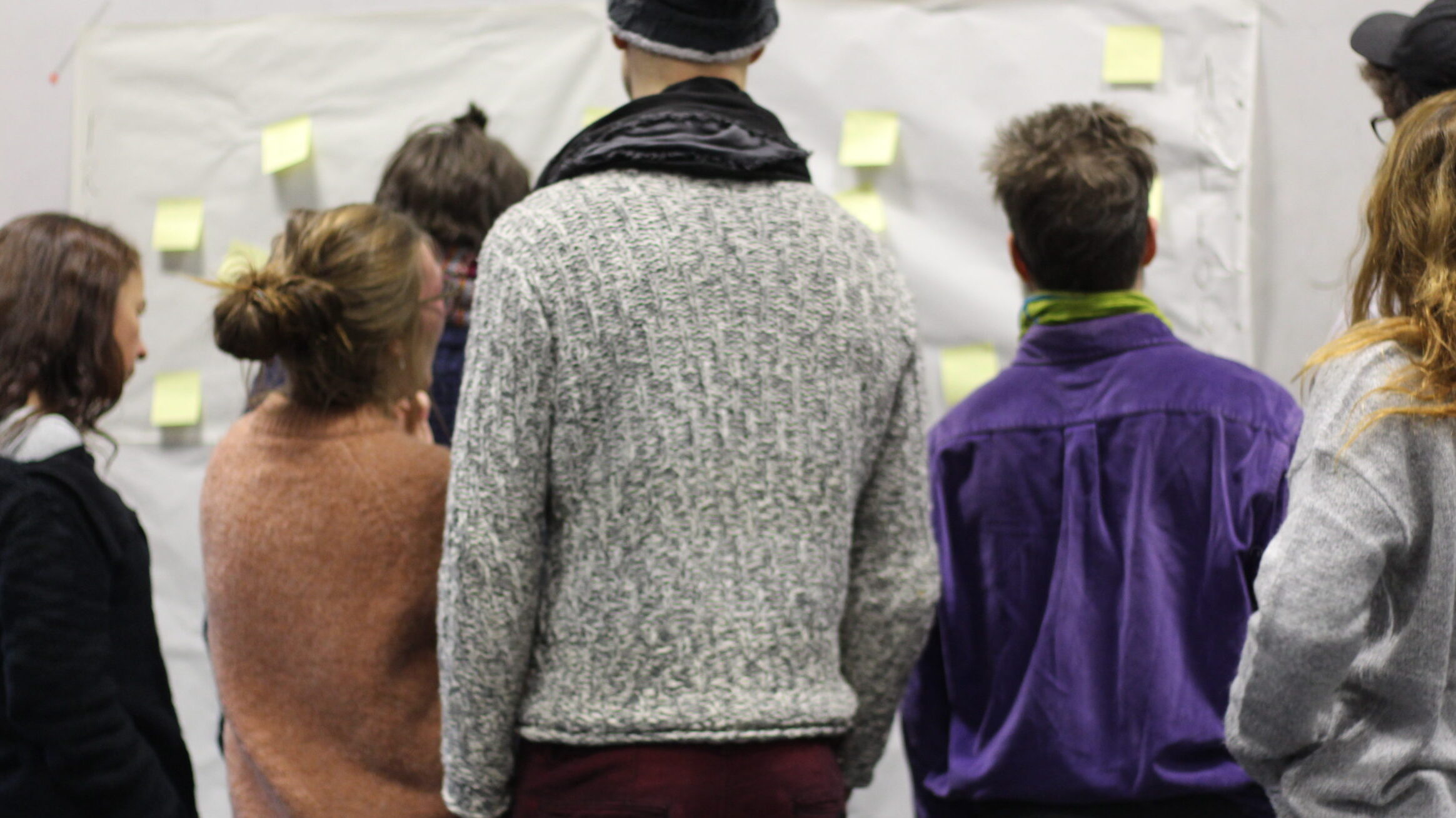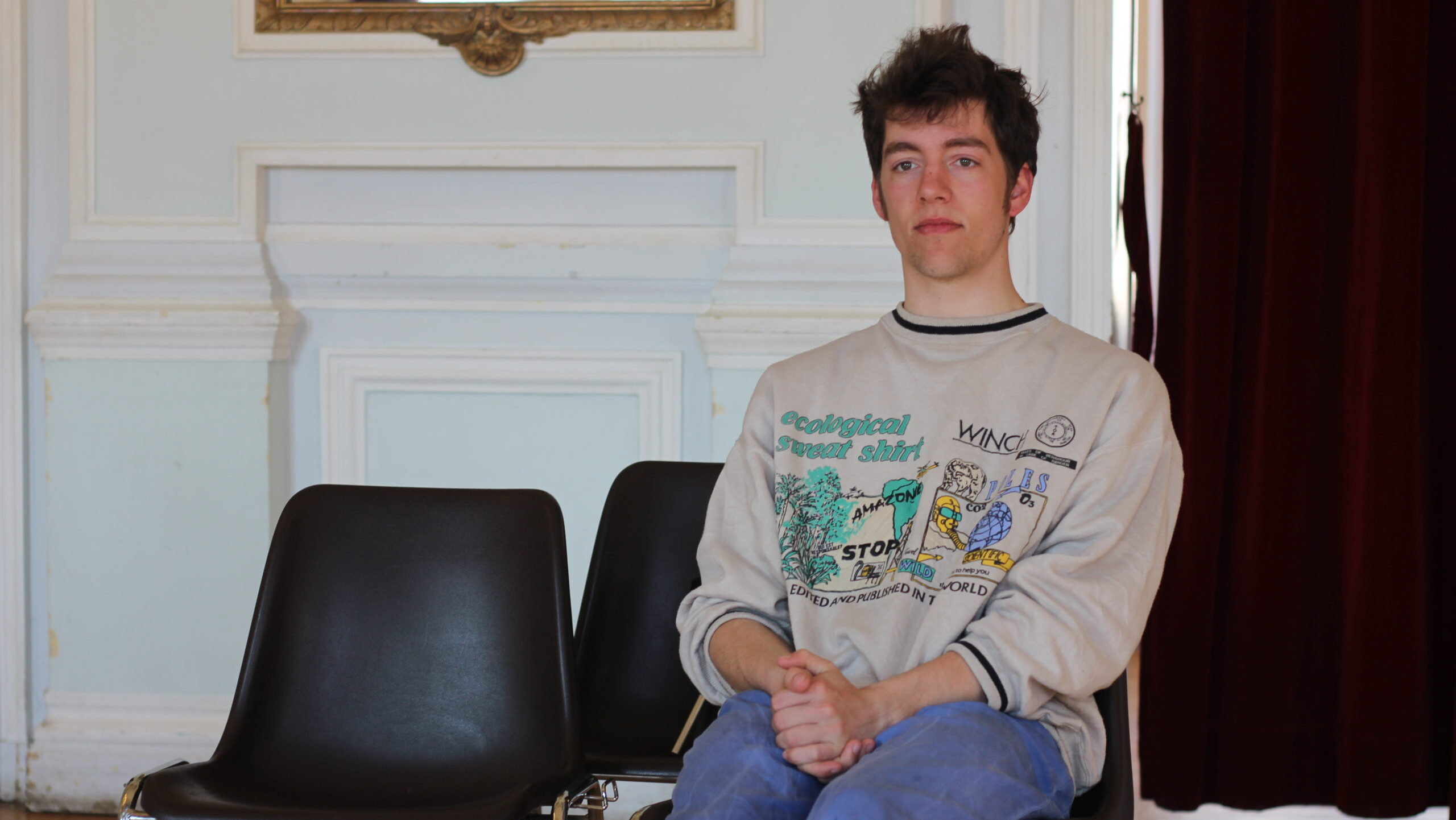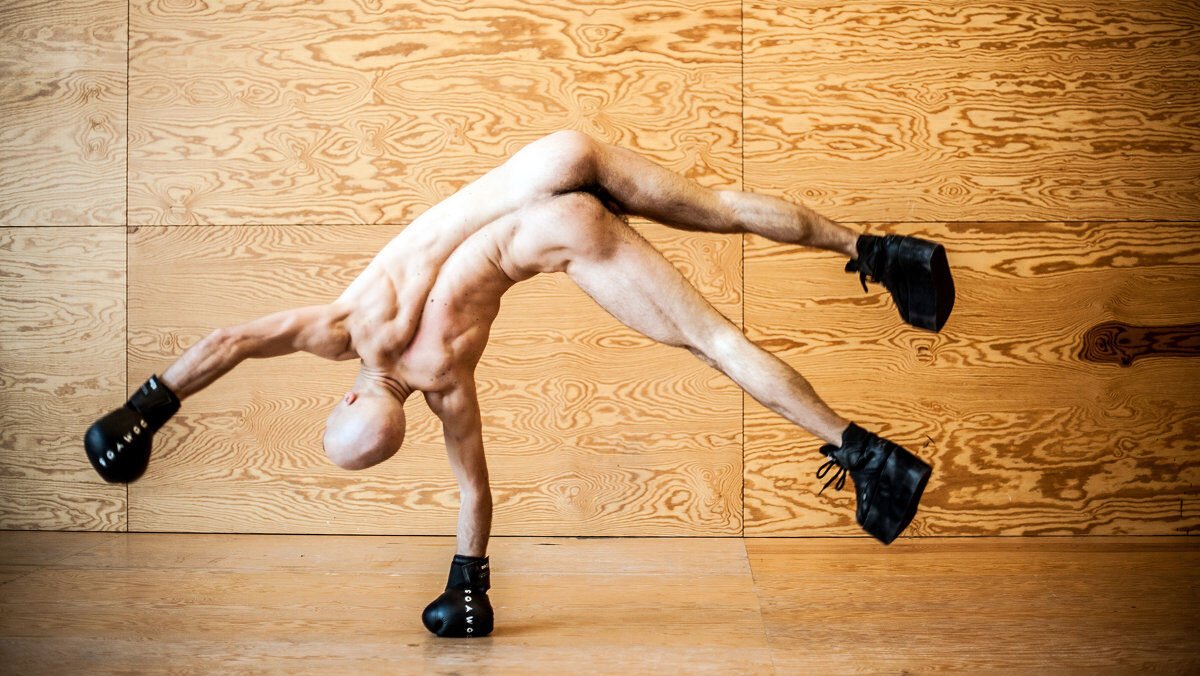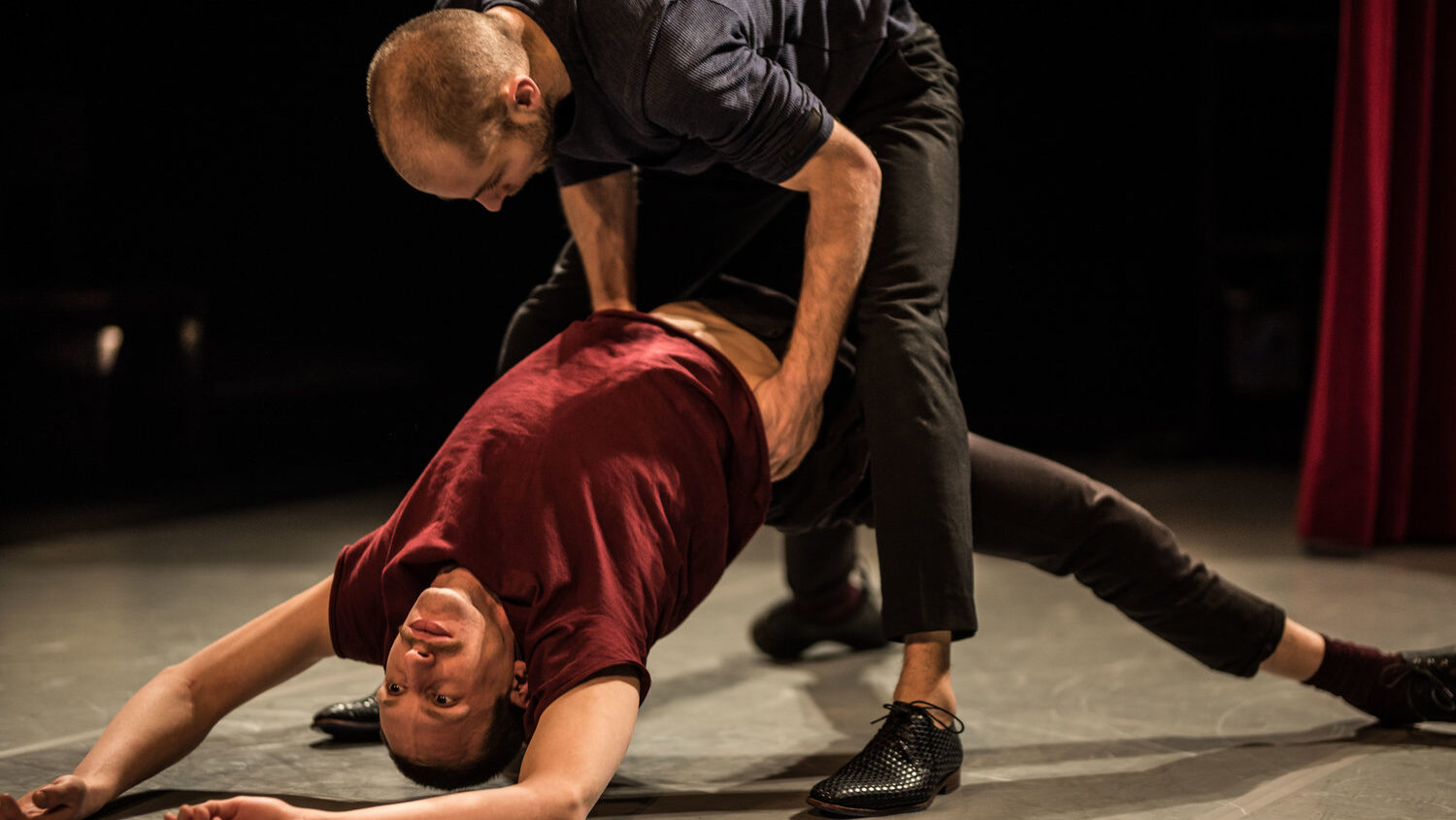What is your wish for the circus of today?
“My wish would be that circus would keep its own specificity and yet reach the same level and artistic value as other artforms.”
Do you think that being an artist relies on a certain sensibility that you’re born with or can anyone become an artist?
Within the circus medium what are your strategies to maintain your freedom as an artist?
“Well, I’m not sure how much I believe in freedom. I feel like a lot of the decisions one makes come out of a kind of training – whether that’s training from seeing stuff or training from doing stuff.”
Do you think that maybe by watching and seeing fewer things we have more freedom to be original because we don’t know what’s out there?
Why in your artistic practice is it important for you to be ‘authentic’?
“I was attracted to circus because I feel that it does have that layer of authenticity, or a lack of pretending perhaps.”
How would you describe the importance of the work you did with Alex?
What are you going to do next?
When you practice do you think, or do you follow an intuition?
What is your wish as an artist both for the circus and not for the circus?
If you were to put yourself on stage as a creator and a performer what do you think you would want to show?
“I feel with Alexander we made together what I would have wanted to make alone. So maybe if I would have been on stage the topic would have been quite similar. What I would make and how I would do it – I really don’t know. I would be a really bad performer for the same reasons as in ANECKXANDER. Because of the birth mark I engage with the gaze in a very specific way, and it would be very difficult to get past that.”
Do you think there might be anything useful to you in considering yourself a ‘circographer’?
“I don’t think it will change anything. I think Alexander’s definition was just a curiosity for me – that he thinks like this.”
If they want to be subversive why do circus people look so cool all the time?
If extreme physicality has become normalised can circus continue to be particular and extraordinary?
Is there a better word than ‘sincerity’?
“I think in performance theory the word that is used for that is ‘auratic presence’. It’s connected to post-dramatic theatre – so theatre that actually produces presence instead of re-presenting. As western spectators we are very much trained in thinking of presence and of art in general as a tool to look for truth – so I guess realness and presence and here-and-now are linked to that.
What I find interesting is not to abolish the word ‘authenticity’ but to observe in circus that, more than in theatre or dance, we are more visibly engaging with the constant balancing between realness and representation. And it says a lot about the content of a human being I think – or possibly, it could do, in a world where we stage our identities to an extent that didn’t exist before.”
Do you think using a personal engagement with a topic to make work causes that engagement to be less authentic even in real life?
How do you view the use of queer in circus?
“For me identity is not something that I’m interested in exploring so much on stage. I get the impression from my perspective that identity politics is kind of at an impasse, and I think that what queer was trying to do, as I understand it, was to think outside of binaries, and I think queer / not queer has become a binary, unfortunately. I don’t think that getting up on stage and declaring yourself – ‘yes, I’m this!’ – that that kind of representation is enough. I think destabilisation is more important – which is what queer was trying to do, but I think a lot of queer artists don’t do it successfully.”
How do you feel, as an artist and a person, about routine?
Given that you studied religious science, what can you say about circus in relation to transcendence and surpassing oneself?
“A big part of the monotheistic religions is talking about group experience. Watching a peformance has some similarities because you can surpass yourself through the group experience that you share with the audience and the artist. The thing of the group means you surpass your oneness, your being alone.”


